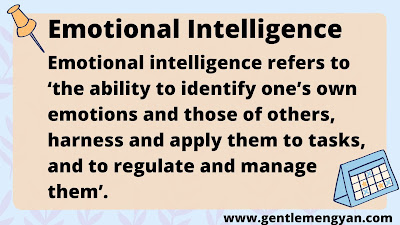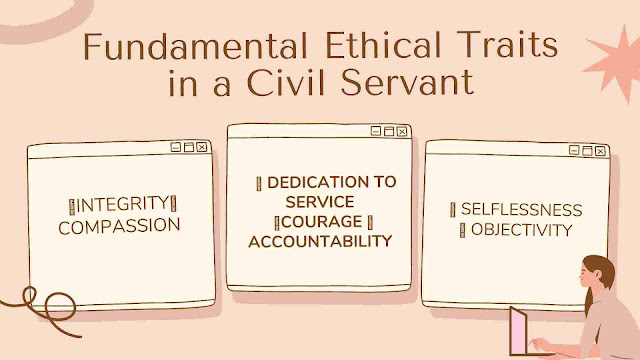Post Colonialism and Feminist Theory | Literary Criticism
Post-Colonialism & Feminism Post Colonial Theory & Criticism : Since about the 90's post colonial theory and criticism has had a major impact on literary and social studies. works like post colonial studies post Colonial literature or postcolonial cinema are frequently encountered. Students of literature, language, social science and law now see their subjects in a new light thanks to the postcolonial theory. The insights from postcolonial theory are so rich that they illuminate not only the abstract world of our ideas but also the everyday world of our habits and practices. Thus, why we dress the way we do, how we view things in terms of inferior-superior dichotomy, why we consider some colours and shapes more important than others can all the partly explained by post colonial theory. Terminology (Colonialism) : Post Colonial : The basic word in post colonial is colony. The word colony gives us many more words namely colonial, colonizer, colonization and decolonizat...


.jpg)
